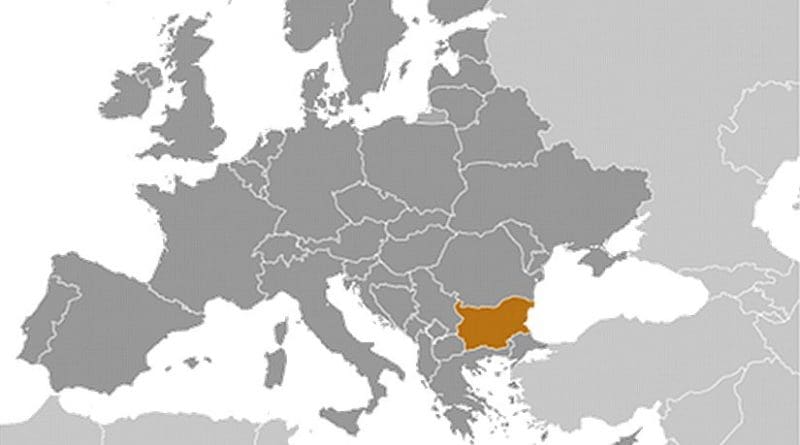Bulgaria: Parliament Session Halted Amid Row Over UN Fiasco
By Mariya Cheresheva
Bulgaria’s failure to nominate a successful candidate for the UN top job has heightened political tensions, with opposition parties demanding the resignation of the government.
The Vice-President of the Bulgarian parliament, Dimitar Glavchev, cancelled the parliamentary session on Friday, after a row erupted between members of the ruling party, Boyko Borissov’s GERB, and the main opposition group, the Bulgarian Socialist Party, BSP.
The situation escalated after BSP leader Korneliya Ninova read out a declaration, criticizing the government for Bulgaria’s defeat in the race for the UN top job and its policy on migration.
“Do not let this government keep on taking our dignity away from us and wiping out our nationality. Bulgarians, whatever you are – red, blue [the colours of the main parties], or neutral, the time has come to be Bulgarians, do not give up on Bulgaria,” Ninova declared.
Her declaration was followed by shouts of “Resign!” by her fellow Socialist MPs, who later raised an anti-GERB poster in the plenary hall.
In response, Georg Georgiev, an MP from GERB, called the BSP parliamentarians “liars”.
The tension between GERB and the BSP escalated after Borissov’s government withdrew its nomination for UNESCO chief Irina Bokova, as the next UN Secretary General.
She had strong backing from the Socialists but was replaced by the Vice-President of the European Commission, Kristalina Georgieva, on September 28.
After Georgieva failed to attract the expected level of support at the sixth informal vote for the next UN Secretary General on Wednesday, when she finished in eighth position, performing worse than Bokova, who came fourth, the BSP started a campaign to bring down the government.
On Thursday, Prime Minister Borissov fuelled tensions by calling Bokova “arrogant” for not withdrawing from the UN race and accused her of blocking Georgieva’s state-supported candidacy.
He dismissed calls to resign, asking rhetorically: “Why would I feel ashamed – for not guaranteeing the next five years of one Communist family?”
[Bokova is a daughter of Georgi Bokov, a top-level figure in Bulgaria’s former ruling Communist Party].
Tsetska Tsacheva, GERB’s candidate for the presidential elections on November 6, however, is also a former member of the Communist Party, which led to Borissov being accused of double standards.
“On what grounds did you nominate a former [Communist] party secretary for President?” the BSP leader asked Borissov on Friday, referring to Tsacheva.
In line with the growing anti-refugee sentiment in Bulgaria, Ninova also accused the government of covertly enforcing an “ethnic change” to Bulgaria by settling refugees in municipalities which have seen a demographic drop in the population.
The idea of sending refugees to under-populated municipalities was launched few weeks ago. An official from the state refugee agency, who spoke on condition of anonymity, told BIRN that refugees under the EU relocation scheme will be advised to go to smaller municipalities, which would receive EU funds for their integration.
Bulgaria has pledged to take 1,600 refugees from Italy and Greece, but up to now has relocated only six, according to the latest data of the European Commisson.
Tsveta Karayancheva, an MP from GERB, said at a briefing in parliament that the BSP was trying to attract attention ahead of the official start of the campaign for the presidential elections on Friday.
MPs from the BSP and the ethnic-Turkish dominated party Movement for Rights and Freedoms, MRF, meanwhile said the decision of Glavchev’s [also a member of GERB] to stop the plenary session on Friday was an act of “cowardice” and a “political failure”.

